Write your awesome label here.
What Are Habits and Why Do They Matter?
Habits are the routines and behaviors we do almost automatically. Some, like brushing your teeth or exercising, serve us well. While others, like smoking or overeating, can harm our health and productivity.
Your brain creates habits to save energy. Imagine if you had to consciously think about tying your shoes every single time; it would be exhausting. Habits allow your brain to save energy for routine tasks, freeing up mental space for bigger decisions. But here’s the problem, once a habit is formed, it can feel difficult to escape.
The habits you have built shape your life in profound ways. They influence your health, relationships, and overall mental fortitude. That’s why it’s crucial to understand how they work and how you can steer them in the right direction.
The Science of Habit Formation: Cue, Routine, Reward
Every habit follows a three-step looping process:
2. Routine: The behavior that you perform, like eating an extra plate of something you shouldn’t have.
3. Reward: The satisfaction you get from the behavior, like the temporary comfort of indulging in tasty food that leaves you feeling gratified.
1. Cue: A trigger that tells your brain to start the behavior. For example, feeling stressed might cue you to overeat.
2. Routine: The behavior that you perform, like eating an extra plate of something you shouldn’t have.
3. Reward: The satisfaction you get from the behavior, like the temporary comfort of indulging in tasty food that leaves you feeling gratified.
Here’s where dopamine comes in. Dopamine is the feel-good chemical that is released by your brain when you anticipate or experience a reward. This creates a feedback loop, reinforcing the habit. The more rewarding the behavior feels, the more likely your brain will repeat it.
This system is great when it comes to building good habits—like the endorphins you experience from a post-workout high. But it’s also why breaking bad habits is so tricky. Behaviors like smoking or binge-watching TV hook us with immediate rewards, even if the long-term effects are harmful.
The Role of Self-Awareness in Breaking Bad Habits
Now the first step to breaking a bad habit is self-awareness. This is because you can’t change what you don’t recognize. Start by objectively observing your habits without judgment. Ask yourself:
- Is this a good or bad habit?
- What triggers this behavior?
- What need am I trying to meet?
- How do I feel before, during, and after?
Once you’ve identified the habit loop, the goal isn’t to “eliminate” the bad habit entirely—it’s to replace it with a better one that meets the same need. For example, if stress cues you to snack on junk food, replace that routine with a healthier alternative, like drinking tea or taking a quick walk. The purpose is to find a behavior that still feels rewarding in your mind.
How Long Does It Take to Form or Break a Habit?
You’ve probably heard that it takes 21 days to form a habit. While that might sound long or short depending on who you ask. Research suggests that building or breaking a habit can take anywhere from 18 to 254 days, depending on the specific behavior and individual factors. The key is staying consistent.
Here’s a simple framework to get you started:
1. Start Small: Big changes can feel overwhelming. Focus on one habit at a time.
2. Replace, Don’t Erase: Swap bad habits with better alternatives that feel equally (or nearly) as rewarding.
3. Use Positive Triggers: Set up cues that remind you to practice your new habit. For instance, placing workout clothes by your bed can cue you to exercise.
4. Celebrate Wins: Even small successes deserve recognition. Dopamine surges when you feel good about progress, which reinforces the habit.
5. Be Patient: Habits are often not built or broken overnight. Give yourself grace and stay the course.
One question people like to ask is “how will I know when a habit has been formed”? And the answer is simple: when you perform the habit without noticing it (only realizing it during or after the fact). That’s when you know it’s become one of your brain’s default settings.
The Power of Accountability and Support
Let’s be honest: changing habits is hard work. But hard doesn’t mean impossible. One way to increase your chances of success is to get trusted friends or family for accountability. Share your goals with someone who can offer encouragement, remind you why you started, and celebrate your milestones.
You can also consider habit-tracking apps or joining a group that is working toward similar goals. Sometimes, knowing you’re not alone can be the extra push you need to stay consistent.
Progress Over Perfection
Please remember that progress is better than perfection. Bad habits are not permanent, and just a byproduct of how you have programmed your brain currently.
Understanding the science of habits and leaning into self-awareness can help you take control. By replacing bad habits with better ones, you’re not just changing your behavior, you’re reshaping your life.
Sincerely,
Understanding the science of habits and leaning into self-awareness can help you take control. By replacing bad habits with better ones, you’re not just changing your behavior, you’re reshaping your life.
Sincerely,
Dexter Lam

Do you want to level up and change your life Trajectory?
We're launching our course on Self-Awareness
Thank you!

